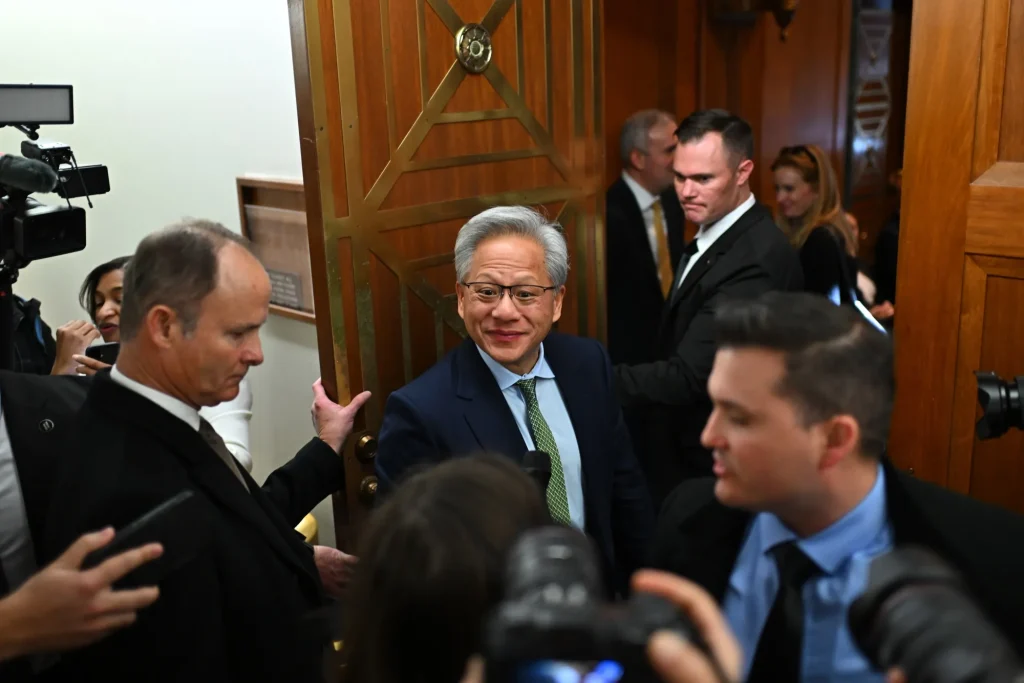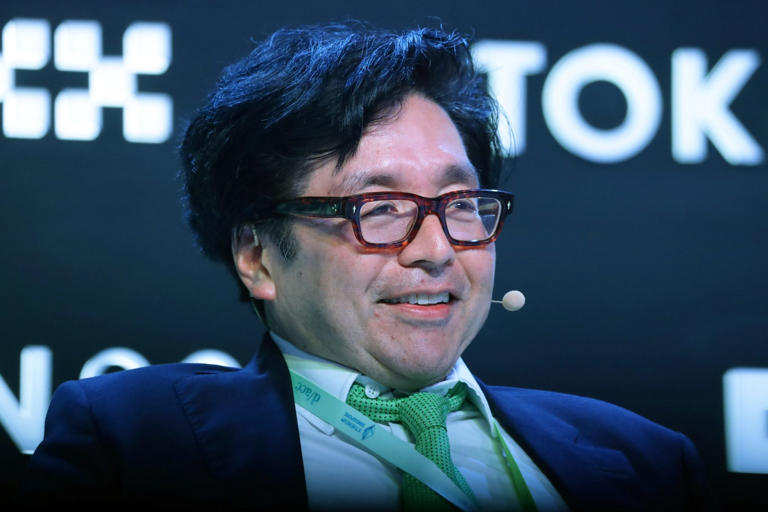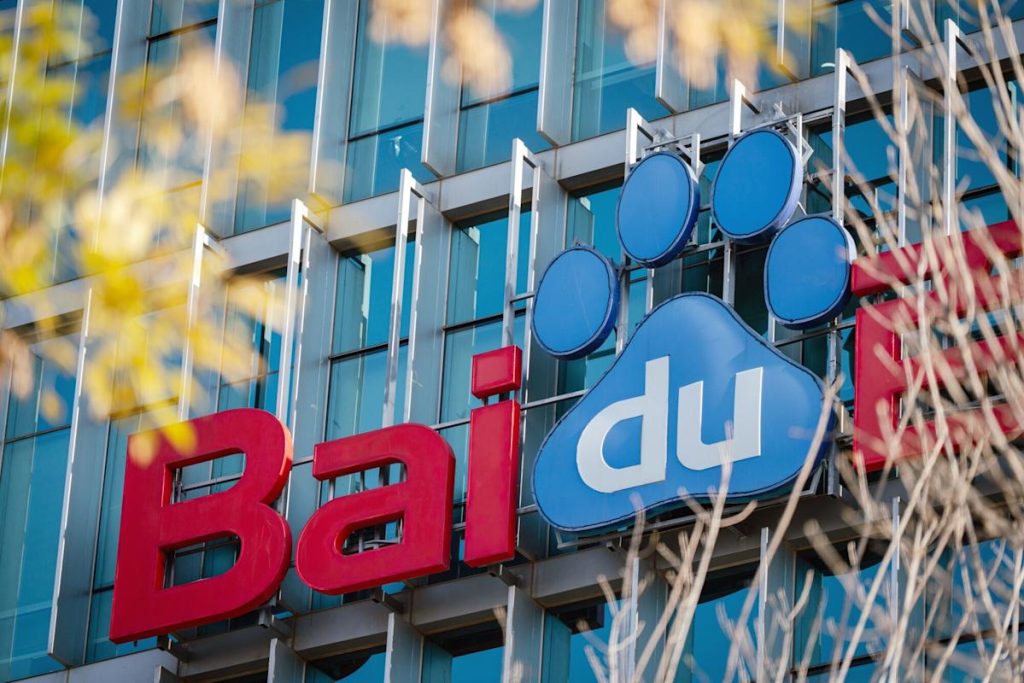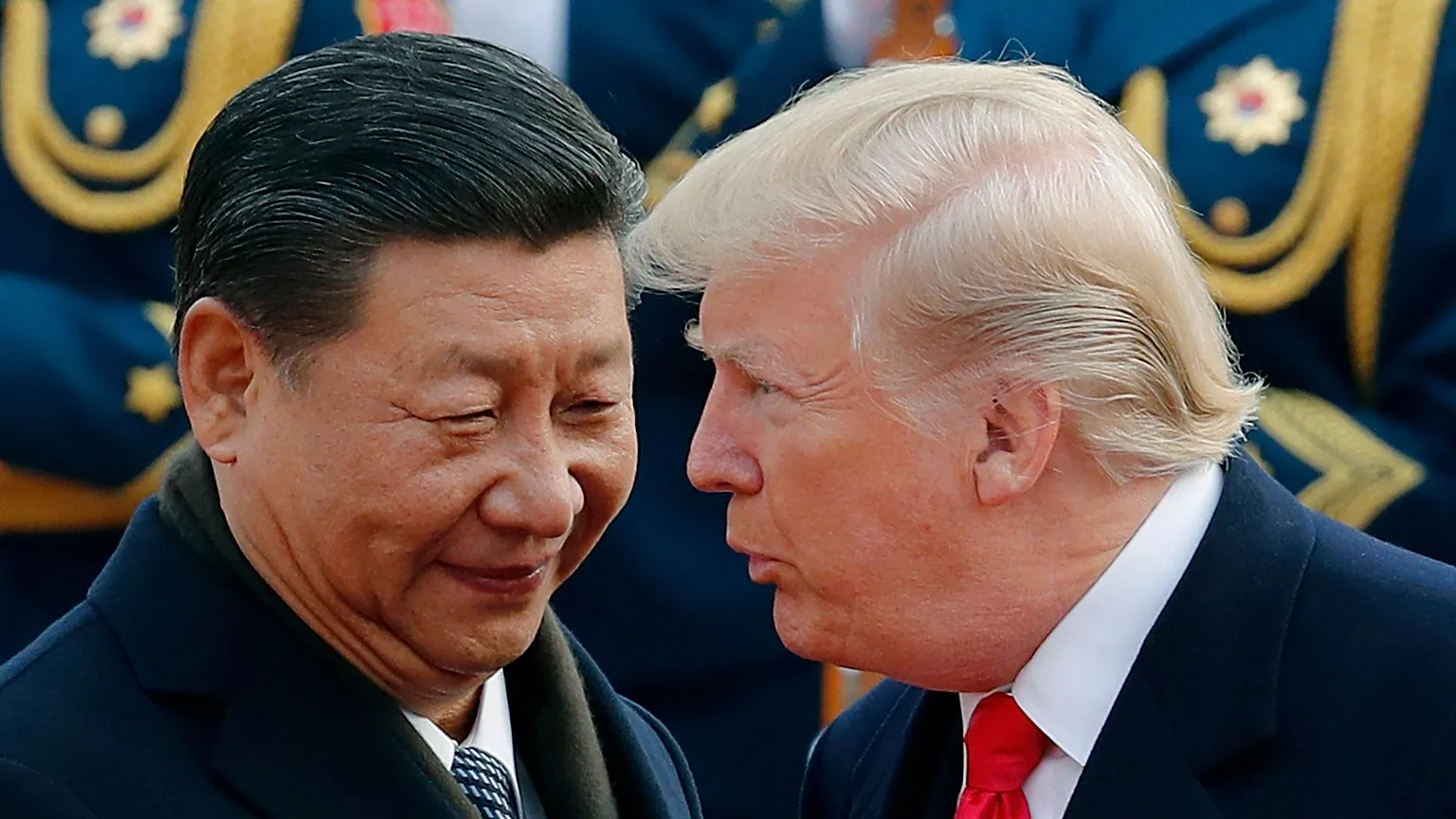Tesla’s $1 Trillion Gamble: Board Chair Pleads With Investors to Approve Elon Musk’s Historic Pay Deal
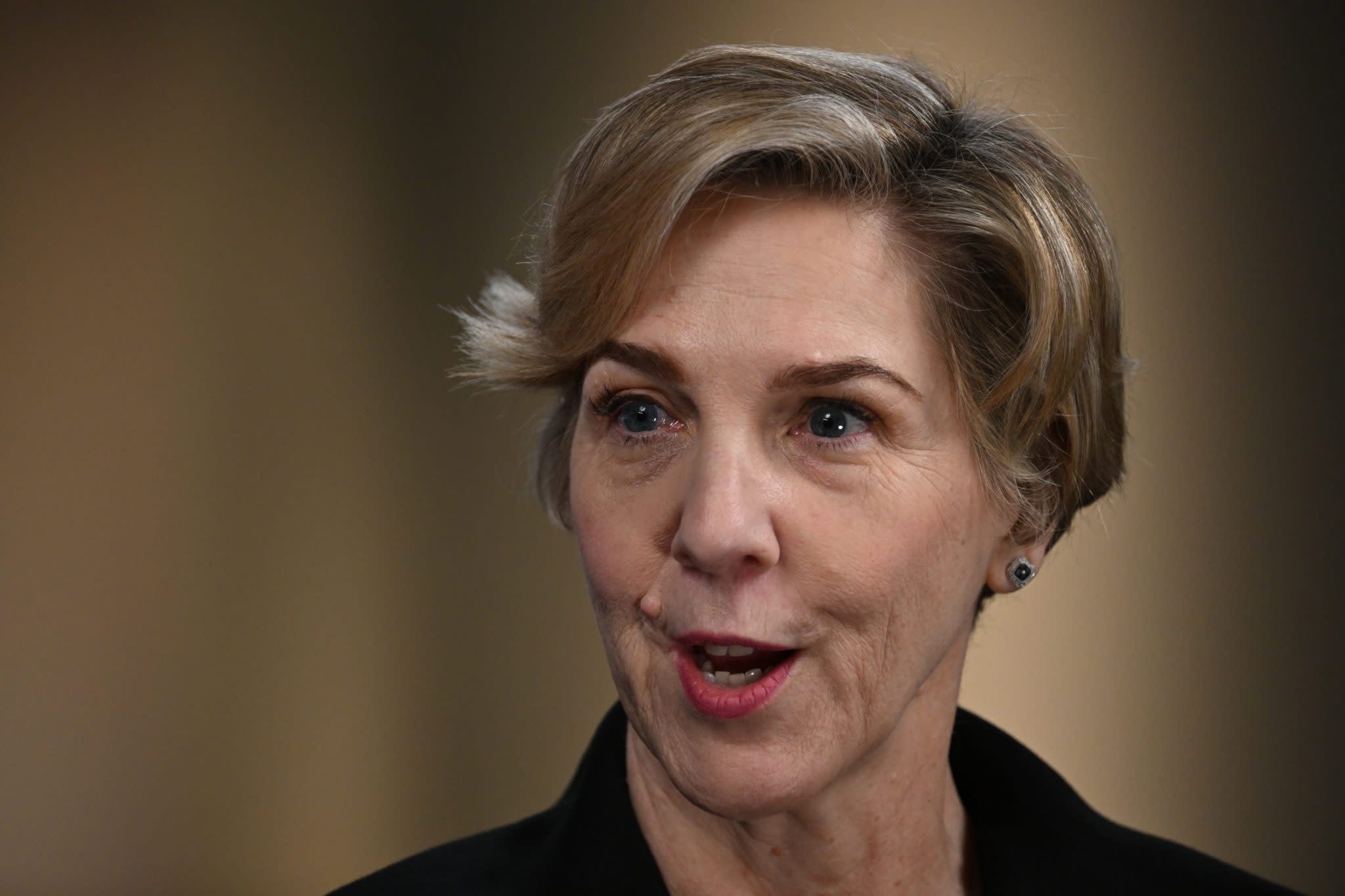
Tesla has stepped into one of the most dramatic corporate showdowns in recent history as Chair Robyn Denholm urged shareholders to back Elon Musk’s unprecedented $1 trillion compensation package, calling the upcoming vote a “critical inflection point” for the electric vehicle maker’s future. The vote, expected at Tesla’s upcoming annual shareholder meeting, has become a global corporate spectacle—pitting supporters who believe Musk is essential to Tesla’s success against critics who warn the package is excessive, dangerous, and legally questionable.
A Compensation Plan Like No Other
The controversial deal—widely described as the largest pay package in corporate history—would grant Musk stock options that could eventually be worth up to $1 trillion if Tesla continues to grow at an aggressive pace. The package is tied to performance milestones in market capitalization and revenue targets, turning Musk’s pay into a massive incentive-based equity bet.
Denholm argued in a letter to investors that:
“This vote is about retaining Elon’s leadership and protecting Tesla’s ability to innovate at scale. This is a pivotal moment for the company.”
She warned that rejecting the deal could push Musk away from Tesla and toward other ventures like SpaceX, Neuralink, and xAI, raising fears about leadership instability at a time when Tesla faces intense competition from Chinese EV makers, EU regulations, and US political headwinds.
Shareholder Battle Intensifies
Tesla’s largest institutional investors are sharply divided. Some view Musk as Tesla’s irreplaceable visionary—responsible for transforming the company from a niche EV startup into the world’s most valuable automaker. Others argue that no CEO—no matter how visionary—should command that level of compensation.
| Investor Perspective | Argument |
|---|---|
| Pro-Musk (Retail investors + some funds) | Musk is Tesla. Losing him means losing Tesla’s future. |
| Critical (Pension funds + governance groups) | Package violates principles of corporate governance and fiduciary responsibility. |
| Neutral (Some hedge funds) | Waiting to see legal outcome before voting. |
Groups like ISS (Institutional Shareholder Services) and Glass Lewis, two major proxy advisory firms, previously recommended against approving the package, citing shareholder dilution, lack of oversight, and Musk’s divided attention across multiple companies.
Legal Turbulence Behind the Vote
This compensation plan isn’t new. Musk originally received a similar multibillion-dollar stock option package in 2018—but a Delaware court voided it in early 2024, calling it “deeply flawed” and influenced by a board that was “beholden to Musk.”
Tesla responded by moving its incorporation from Delaware to Texas and resubmitting the pay deal to shareholders for approval—a risky but aggressive legal strategy aimed at restoring the package under new jurisdiction.
Yet legal experts caution:
- Lawsuits are still pending from shareholders alleging corporate abuse.
- The Delaware ruling may still influence future litigation, even after reincorporation.
- Directors, including Denholm, could face personal liability if the vote backfires.
Wall Street Reacts: High Risk, High Drama
Analysts say the vote could heavily influence Tesla stock in the short term:
| Scenario | Market Impact Prediction |
|---|---|
| Pay package approved | Tesla shares likely jump short-term on leadership certainty |
| Pay package rejected | Shares could drop sharply amid fears of Musk retaliation |
| Legal gridlock | Stock remains volatile with investor uncertainty |
Musk has hinted—implicitly—that he might shift artificial intelligence and robotics work outside of Tesla if he doesn’t receive more control or compensation. Some investors view this as hostage-style leverage; others call it pragmatic negotiation.
A Test of Corporate Power in the AI Era
This vote isn’t just about money. It has become a symbolic struggle over:
- Executive power vs. shareholder rights
- Tech visionaries vs. corporate governance
- AI capital wars vs. ethical responsibility
- Founder loyalty vs. financial accountability
Tesla’s future is expanding beyond electric vehicles into autonomous driving, AI, humanoid robotics, and energy storage. Supporters argue Musk must be incentivized to keep these breakthrough technologies inside Tesla.
Critics respond: a trillion-dollar package concentrates too much power in the hands of one person and cements Musk’s control without meaningful checks.
Decision Day Approaches
The shareholder vote will be watched globally across financial markets, corporate law circles, and the tech industry. Whatever the outcome, it will reshape the future of executive compensation and corporate control.
One thing is clear: Tesla is no longer just a car company—it’s a battleground over the future of capitalism.



